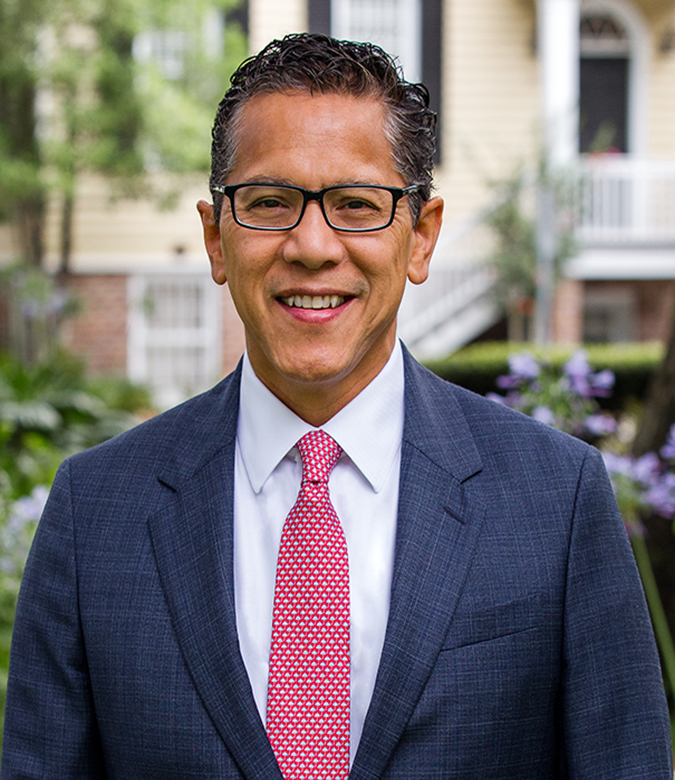December 6, 2024
By: Edgar Bueno & Matt Wilmot


Are you an independent contractor involved with the sale of skin allograft products through a percentage-based marketing contract?
Be advised that the Department of Justice (DOJ) has seen a notable increase in prosecutions involving percentage-based sales agreements in the skin allograft industry. Allografts, used as skin substitutes, are critical in wound care treatment when there is not enough healthy skin on a patient’s body to cover a wound.
This enforcement trend started earlier this year with the well-publicized indictments of several wound care sales reps who fraudulently arranged for the purchase of over $900 million in amniotic skin allografts which were then billed to Medicare.[1] According to the DOJ, the defendants caused unnecessary and extremely expensive allografts to be applied to vulnerable patients indiscriminately and in sizes excessively larger than needed. The sales reps were allegedly paid commissions based on the number of allografts sold to wound care providers. Medicare and other government health care programs ultimately paid for the product.
Unlike other industries, paying independent sales representatives commissions based on referrals of Medicare and Medicaid patients violates the federal anti-kickback statute (AKS).[2]
The Department of Health and Human Services, Office of Inspector General (HHS-OIG), the Federal government’s fraud watchdog, has long maintained that such percentage-based payments to independent sales reps are suspect and likely violate the AKS.[3] HHS-OIG has stated that “percentage compensation arrangements are potentially abusive… because they provide financial incentives that may encourage overutilization of items and services and may increase program costs.”[4]
Under the AKS, it is a criminal offense to knowingly and willfully offer, pay, solicit, or receive anything of value to induce referrals of items or services that are reimbursable under the Federal health care programs. Importantly, the term “referral” includes arranging for and recommending purchasing or ordering covered items or services, like skin allografts. Thus, even innocuous marketing activities of independent sales reps can implicate the AKS. Even more troubling is that a violation can occur without a person having actual knowledge of the AKS or specific intent to violate it.[5]
Criminal prosecutions of commission-based sales contracts have a long history in the durable medical equipment, lab, and pharmacy spaces. This enforcement focus has been expanded to include civil liability for commission arrangements under the False Claims Act (FCA) as well as the civil monetary penalties and law.
A similar trend is currently taking shape in the wound care industry particularly as to skin allograft sales. Given these developments, companies and sales individuals must be aware of the current enforcement environment in which allografts are marketed and sold. There are certain hallmarks of suspect arrangements that DOJ is closely tracking.
Specifically, percentage-based sales, marketing, or distributor agreements should be carefully reviewed by experienced legal counsel and drafted to fall within an AKS safe harbor wherever possible. Falling within a safe harbor is one way to protect a business relationship from DOJ prosecution.[6]
Finally, in the event that you are contacted by law enforcement authorities, respond promptly to increase the chances of early resolution without charges ever being filed.
If you have questions about this important topic, please contact Edgar Bueno (ebueno@huntermaclean.com) or Matt Wilmot (mwilmot@huntermaclean.com) at HunterMaclean at (912) 236-0261.
[1] Office of Public Affairs | National Health Care Fraud Enforcement Action Results in 193 Defendants Charged and Over $2.75 Billion in False Claims | United States Department of Justice
[2] 42 U.S.C. § 1320a-7b(b)
[3] 54 Fed. Reg. 3088, 3093 (Jan. 23, 1989)
[4] Office of Inspector General, Advisory Opinion No. 98-1
[5] 42 U.S.C. § 1320a-7b(h) (“[a] person need not have actual knowledge of this section or specific intent to commit a violation of [the AKS]”).
[6] Safe Harbor Regulations | Office of Inspector General | Government Oversight | U.S. Department of Health and Human Services




